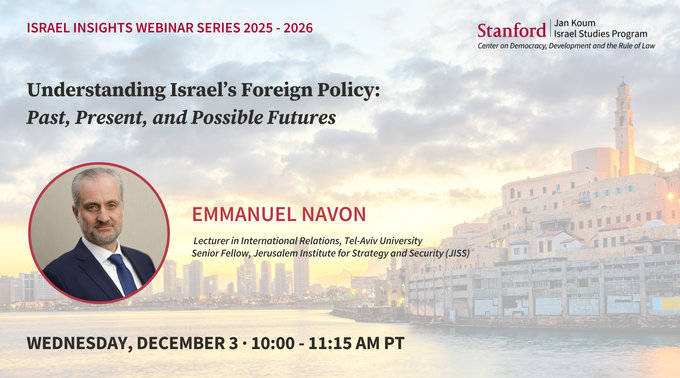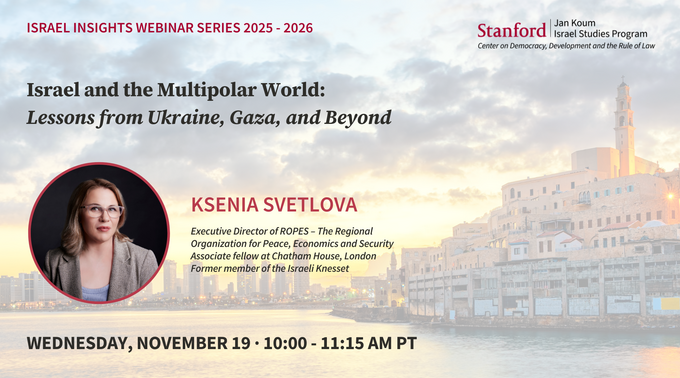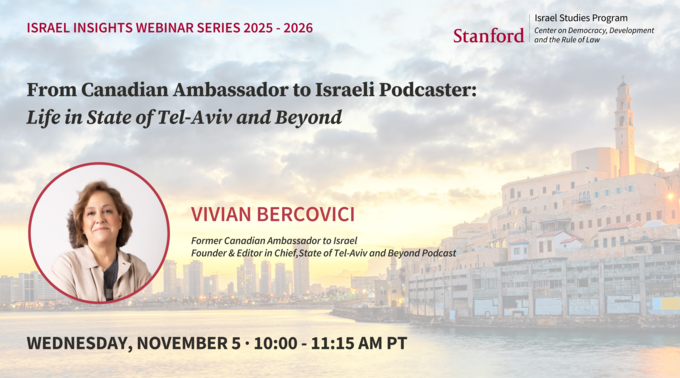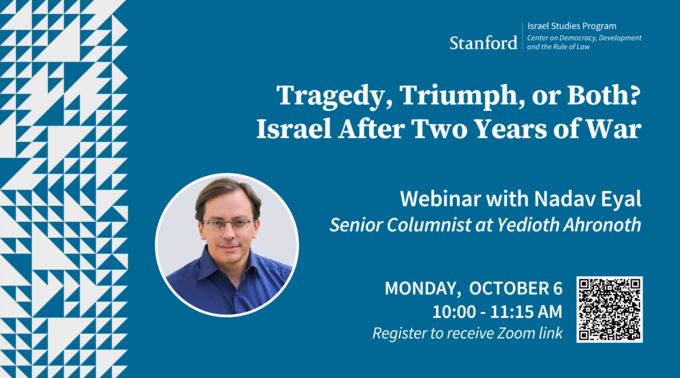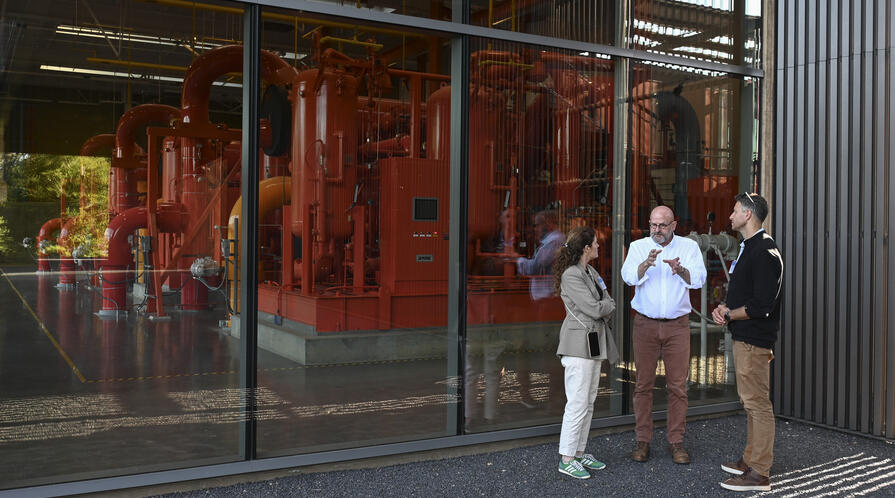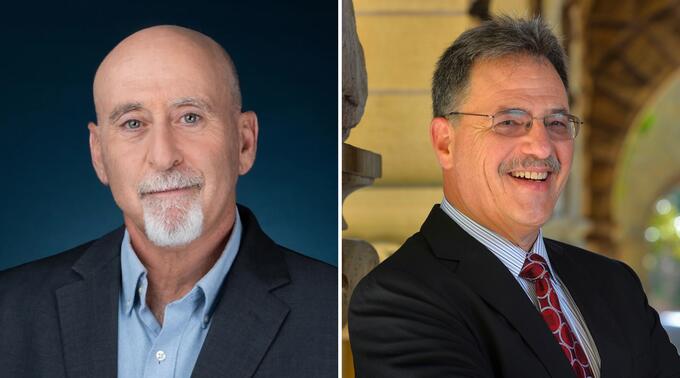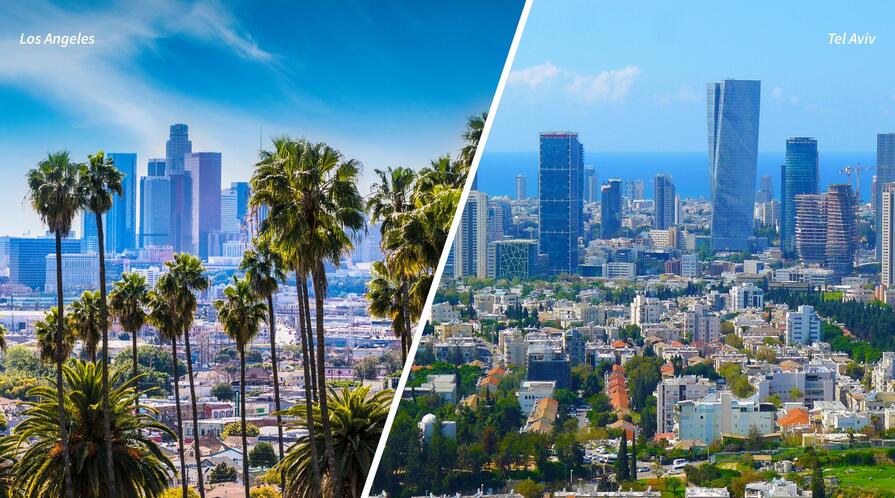As part of its 2025 Winter Webinar Series, the Visiting Fellows in Israel Studies program at the Center on Democracy, Development and the Rule of Law (CDDRL) hosted a webinar featuring Dr. Yoav Heller in conversation with Amichai Magen. Heller is founder and Chairman of The Fourth Quarter, a grassroots Israeli civil society initiative dedicated to rebuilding centrist politics and generating a cohesive vision for Israeli society.
Raised in Nigeria, the United States, and Northern Israel, Heller always held a dream of bringing together disparate communities. Heller noted that conflict between Hamas and Israel in May 2021 saw ensuing rifts between Arab-Israelis and Jewish-Israelis, though Magen argued that not only did Arab-Israelis largely ignore Hamas’s encouragement to attack their Jewish neighbors, but that Israeli-Arabs felt more connected to Israel than ever after the October 7th Hamas attack, which targeted Christian and Muslim Arab-Israelis, as well as Jews. Heller also argued that top-down politics increasingly fail to address core societal concerns in the country, as politicians focus on the limited desires of their interest groups, and, because of polarization, aim for zero sum. Thus, he founded The Fourth Quarter.
Heller argued that current polarization in Israel is not primarily over policy, but over identity. Ideologically, Israelis are becoming less polarized, but their emotional attachments to their identity keep them at odds. Heller cited research showing that although Israelis claim unwillingness to compromise on policy because they feel they would be compromising their identities, when presented with concrete compromises, they express acceptance of those compromises.
Pointing to Mancur Olson’s theory that says small groups with narrow political agendas tend to defeat broad groups with disparate agendas, Magen asked how The Fourth Quarter will incentivize politicians’ focus on shared interests. Heller responded that citizen buy-in is imminent, as tragedy brings people together and leads to centrism. In this case, October 7 showed Israelis that Israel broke its promise to never again see mass murder of Jews. Political change, however, will take time. Israel needs new leaders who will come from the grassroots movement. Already, there are 300 diverse leaders throughout Israel working to build up The Fourth Quarter’s following from diverse populations.
During the Q&A, Heller discussed foreign relations. He noted that The Fourth Quarter does not have official foreign policy positions or positions on the Israeli-Palestinian conflict. However, Heller says the word “peace” must reenter Israeli discourse. Long-term peace activism, rather than quickly implementing patchwork solutions, will achieve peace.
Heller ended by saying that hope means imagining a better future and taking actions to achieve it. He cited The Fourth Quarter’s About page, which starts, “After Israel’s establishment, Ben Gurion was asked if he was satisfied … He answered: Ask me when the State of Israel is 75 years old. Or when the children born then no longer meet Holocaust survivors or the founding generation. At that point, assuring the righteousness of our path will require redefinition, based not on what was, but on what will be.”
A full recording of the conversation can be viewed below.
